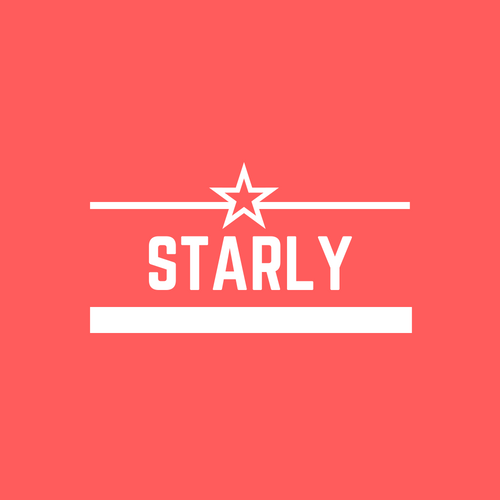Our project of analyzing the sentimetn of Yelp Reviews was implemented using Python, various machine learning modules, and a Jupyter notebook.
We also worked on a supplementary project, which is a sentiment prediction dashboard. This was completed using Docker, Node.js, and Python/Flask.
To install all pip module and nltk module dependencies, run the dependencies.sh file.
sh dependencies.sh
pandas: 0.18.1 nltk: 3.2.4 numpy: 1.12.1 scipy: 0.17.0 scikit-learn: 0.17.1 jupyter: 1.0.0
Navigate to the jupyter notebook folder from the root directory of the folder.
cd jupyter-notebook
Run the jupyter notebook application inside this directory.
jupyer-notebook
In the jupyter dashbaord open the file: Integrated Master File_v8.ipynb.
To view a static filed version of our jupyter notebook and its outputs, open Integrated+Master+File_v8.html in your browser.
Because the predictive dashboard was supplementary, we decided to complete it using Node.js, Python, and Docker.
To run the application, you'll have to have docker and docker-compose installed. If you have a MAC, consider installing docker-machine in order to build the images and run the containers.
To view the instructions on how to run the application, read below.
The Sentiment Prediction Dashboard Application is built using two services, the api-gateway and prediction-server, which are built using Node.js and Python/Fask respectively. To make this application easier to run locally, both services have been dockerized. To run these applications, you can build each container seperately, or run them using docker-compose. A docker-compose.yml file has been provided in the root folder.
The Node.js application interfaces with the Google Natural Language API. To run the application, you must first setup an account on Google Cloud Platform and setup a project that enables the Google Natural Language API.
Ensure that the environment variabel GCP_PROJECT is set to your project's id before running the application.
export GCP_PROJECT=[your project's id]
To run the application using docker-compose ensure that docker and docker-compose are both installed locally. To run these docker-containers on a MAC, you can install docker-machine.
To start up the containers, navigate to the root directory and run:
docker-compose up
This will build the images of the api-gateway and prediction-server if they are not present, and will run them once they are built.
Navigate to http://localhost:3000/, to access the api-gateway. Note: If using docker-machine, you'll have to access PORT 3000 on the the url that docker-machine is exposed on. You can find out this url by running:
docker-machine ip
At this url, you can access the api-gateway which will serve the static files of the dashboard on port 3000. You can now use the application.
Implement Service Discovery Using Netflix Eureka and HashiCorp Consul.

